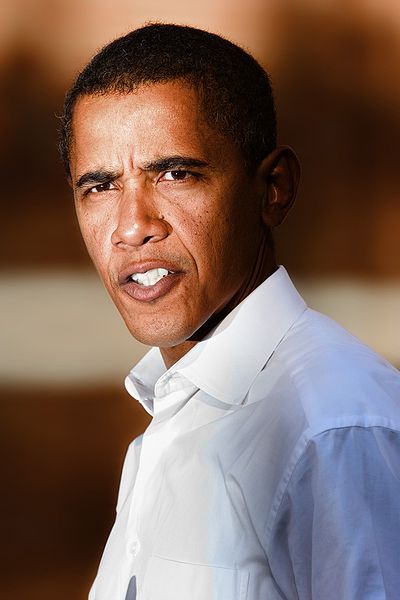

UNHAPPY with the USPTO, more and more companies -- not just individuals -- rant in public. Novell has been mentioned quite a bit in relation to the Motorola patents (Mobility) sale because in both cases companies were valued not for real property but for monopolies they received from the government. In Novell's case, the patents went into CPTN, which Microsoft and Apple would use for anti-competitive purposes. In fact, around the time of the Motorola-Google agreement there were several articles from reputable source calling patents "anti-competitive", referencing Google's allegations including exact quotes [1, 2]. Another large party that engages in this anti-competitive war is Oracle, which Groklaw keeps tracking because of the anti-Android lawsuit. As we have shown here many times before, Microsoft-connected (via IV) patent trolls also launch lawsuits against Android developers, so the EFF organises an event which will inform them. To quote:
As you probably know, we’ve been closely following the Lodsys mess and watching as the patent troll asserts its patents against companies large and small, and — famously and most egregiously — against small app developers. Large companies such as Best Buy, CVS, and the New York Times Company are fighting Lodsys in court (and challenging the validity of its patents). But those lawsuits could take years. In the meantime, app developers all over the world, many of who cannot afford legal counsel, face the uncertainty long-felt by the victims of patent trolls and are left wondering what they can and should do to protect themselves.
The 313 Apple patents that list Steven P. Jobs among the group of inventors offer a glimpse at his legendary say over the minute details of the company’s products — from the company’s iconic computer cases to the glass staircases that are featured in many Apple stores
"Linux is catching up in terms of market share, having already outpaced Apple features-wise."Here is a good visual overview which shows what has happened in the market due to patents. This has clearly gone out of control and helped the exclusion of small players (or those without many patents). It also became a breeding group for parasitic entities. Well, citing this analysis, a Microsoft-friendly site says that someone "even thinks that we are in the middle of a patent bubble."
It also says: "Software patents often cover a very broad scope, while they should be more concrete and narrow. This is due to the fact that large organizations are increasingly using them for legal warfare. Such abuse of patents prevents innovation instead of enforcing it. And even worse, smaller companies or indivduals cannot afford the time and money for a patent lawsuit. Eventually, software patents enforce monopolies. To give an impression: An Android phone covers around 250.000 patents according to Google."
Realising that something is clearly amiss here (too much counter-productive tension and aggression), the Chief Counsel of Verizon is calling for Obama to step in. As one site puts it: "Recently, all of the major players in the smartphone industry have been tied up in patent wars. Apple, Google, Research In Motion (Blackberry), and Microsoft. Even hardware manufacturers like Samsung, HTC, and Motorola have seen their fair share of patent warfare this year. Each small judgement in court continues to highlight the ongoing ‘Google vs. Apple’ battle.
"Google has been a dark horse in the smartphone industry as it is seemingly giving away its Android software for free. Google also holds a huge advantage over its competition with the enormous amount of advertising revenue it brings in from its search engine. Google uses this revenue as a way to create profit from its software inventions. Because of this advantage, most of the smartphone industry looks to Google as an undeniable freight train, patents or no patents. Which brings us to why Apple is putting up the biggest fight."
Here is another new piece of criticism about the system. It states the following:
The state of Intellectual Property (IP) in general (copyrights, patents, trademarks) has gotten stupidly bad over the last few years. Systems that were created to encourage innovation with the public as the benefactor have got turned completely on their heads; today the systems stifle creativity, benefit big corporations solely, and harm society. As a Linux user this isn't news to you, I'm sure. But I'll bet your neighbor doesn't really know how bad it is, or might even think the system is “working”. How do we wake the general public up?
My goal here is not to explain what is wrong with current IP laws. That's covered quite well on other sites, like Techdirt and the Deeplinks Blog by the Electronic Frontier Foundation. Those are great resources for someone who really wants to delve into the mess that is IP regulation, but is probably a little more than your typical layperson can digest.
Comments
Michael Glasser
2011-08-31 01:18:29